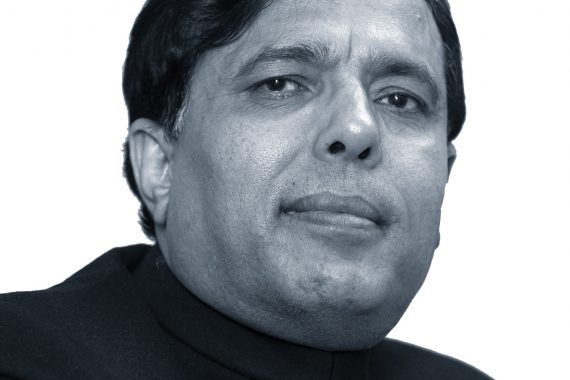Beware the ACO trojan horse


I have for many years been a strong advocate for greater integration and collaboration between different parts of the health service, health and social care, as well as more integrated working across the medical profession and other clinicians.
However, I have massive concerns around the proposals for accountable care organisations (ACOs). These new organisations represent a ‘re-organization’ much more significant and far reaching than that caused by the destructive Lansley NHS Act 2012. In Simon Stevens’s view, such ‘accountable care systems’, are the best way to save the health service, by ‘squaring the circle’ of rising demand and constrained funding.
But in my view, ACOs will prove unsustainable without urgent further investment, and with little capacity to ‘transform’ in any meaningful way other than by reducing the provision of services on a drastic scale. At best, the ACOs are an attempt to provide a first-class health service on a third-class budget. The foundation trusts, local authorities and CCGs all have massive deficits. At worst, they are the end game for the NHS.
The ACO will ultimately supersede the STP from which it is formed. It is also likely that, to increase efficiency and reduce costs, they will subsume the functions of some other NHS bodies, such as CCGs.
Moving to a fully integrated ACO means saying goodbye to the current model of general practice
However, many of the organisations founded after the 2012 act, including CCGs, were established on a statutory basis. Legislation is needed for ACOs to replace organisations such as CCGs. That may not happen soon, because of the Government’s preoccupation with Brexit. That is a recipe for bad governance and desired debate in parliament of such a vital change.
A matter much closer to my heart is that moving to a fully integrated ACO means saying goodbye to current model of general practice and end of the independent contractor status for GPs. It means the GPs will no longer be independent advocates for their patients and local communities.
The personal relationship between local communities and GPs – something most cherished by the British public – will be broken. CCGs were ostensibly established by Lansley to give power to GPs and primary care, but all the evidence shows that acute trusts are immeasurably stronger than four years ago and primary care relatively much weaker. Under the new structure it is unclear who will make the decisions, but it certainly won’t be GP organisations. It may be a foundation trust, local authority, or, perhaps most likely, a private company, reducing the role of a GP to an employee.
ACOs are based on informal arrangements, which have no basis in law, yet are being lined up to be given extensive authority including, potentially, power over combined budgets for an area worth billions of pounds. These organisations began in the USA, with groups of big private healthcare providers coming together to provide care for a given population. Examples include the Group Health Cooperative of Puget Sound, Washington State; the Geisinger Health System, western Pennsylvania; and Intermountain Healthcare in Salt Lake City.
The major concern is that shared service initiatives like this are often used as a Trojan horse for the privatisation and increasing marketisation of public assets, instead of properly funding the delivery of public services.
Dr Kailash Chand is a retired GP from Tameside and is honorary vice-president of the BMA
Pulse October survey
Take our July 2025 survey to potentially win £1.000 worth of tokens











